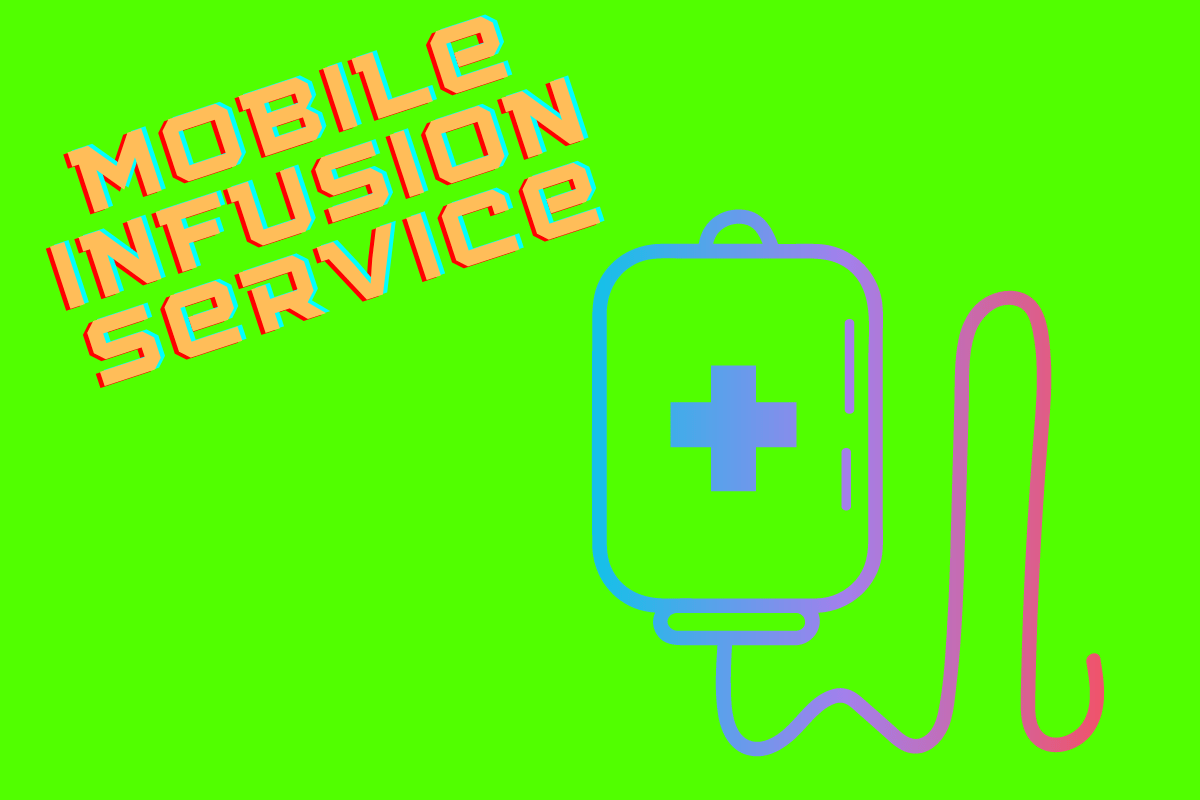For people with serious or chronic conditions, such as chemotherapy, home iv infusion can be a lifesaver. Rather than spending time and money traveling to the hospital or doctor’s office for treatment, you can get an IV infusion in the comfort of your own home. Here is all you need to know about setting up your home infusion service so that you can live better and healthier from the comfort of your own home.
What Are Some Common Uses for an IV?
People who need intravenous fluids often have dehydration or another condition that makes it difficult for them to drink enough fluids. The most common reasons are chemotherapy and dialysis. People who have these conditions need to stay well hydrated to not experience any complications.
What Is a Mobile Infusion Service?
Mobile IV service from home involves a professional nurse coming out to your home, providing you with the intravenous medication you need, and then disposing of the contaminated fluids. At first, these services might seem like a luxury for people who are bedridden or disabled. However, anyone can benefit from receiving the nutrients and medications that are provided by these mobile infusion services.
Who Provides Mobile Infusion Services?
Mobile infusion services are offered by doctors, hospitals, and medical practices. You may know that a patient is using mobile infusion services if they go to your home or office rather than a clinic. Alternatively, a physician may provide mobile infusion services from their office if they live nearby where you work or live.
What Medical Equipment Do I Need?
An infusion set and either a blood draw or saline solution can be administered through the infuser. Some patients with serious illnesses have a dedicated line in their homes so they don’t have to travel as often. The best time for infusions is when the patient is feeling well, taking antibiotics, and hasn’t been sick in the past few days. At home, infusions are delivered by family members on an as-needed basis and last from 2-6 hours. Patients who live far away from major hospitals may find it difficult to get to a facility for treatments, which can lead to increased health risks.
Where Should the Infusions Be Administered?
Healthcare professionals generally recommend intravenous infusions to be administered in a hospital, clinic, or doctor’s office because they offer sterile equipment and the expertise needed for an emergency. However, many people cannot get to a doctor for one reason or another and would like a solution that allows them to stay in their own homes. A mobile health service can provide people with quick access on-demand from the comfort of their own house.
When Should Treatments Be Given?
The administration of intravenous fluids is used for a variety of reasons, from low blood pressure and dehydration to urinary retention and kidney dialysis. Many health conditions may necessitate the use of a high-volume fluid infusion, usually administered through peripheral lines near the arm or leg. Patients who can make their way home from the hospital often choose this form of care for convenience.
Conclusion
IVs are one of the most effective ways of providing nutrients and hydration. A lot of patients want to stay home and not go anywhere for their treatments but are afraid that they’ll be too dehydrated or in too much pain later on. Hospitals now have units available for infusions from home, so it’s easier than ever before.



